Mosquitoes are one of the insect species that cause concern, leading to discomfort and the transmission of dangerous diseases to both adults and children. So, how exactly are they harmful, and what are the effective methods for mosquito repellent today? Let’s explore the details in the following article!
1. Dangerous Mosquito Species Affecting Human Health
Here are some dangerous mosquito species causing harm to human health:
- Anopheles Mosquito: Besides Aedes, Anopheles is known to be a major cause of dangerous malaria in humans. They usually inhabit clean water areas and are active at night. Anopheles mosquitoes can be identified by their dark-colored wings with grayish-green veins.
- Aedes Mosquito: Also known as the flower mosquito, Aedes, when matured, has black and white striped patterns on its body. It commonly attacks humans during dawn and dusk, being the primary carrier of diseases like malaria.
- Culex Mosquito: With a flat abdomen and dark-colored scales on the upper wings and chest, Culex mosquitoes often reside in polluted water areas. They are known to be the main carriers of the potentially dangerous Japanese B encephalitis.
2. How Mosquito Species Affect Life?
Scientists worldwide have proven that mosquitoes are among the most dangerous disease-carrying insects globally. Their harm is significant, causing not only discomfort and disruption of human life but also affecting livestock and pets. Mosquitoes transmit diseases, impede growth, and lead to a noticeable reduction in productivity.
Moreover, some mosquito species act as intermediate hosts, transmitting viruses between humans or between animals and humans, causing diseases like dengue fever, Zika virus, malaria, filariasis, yellow fever, Japanese B encephalitis, and more.
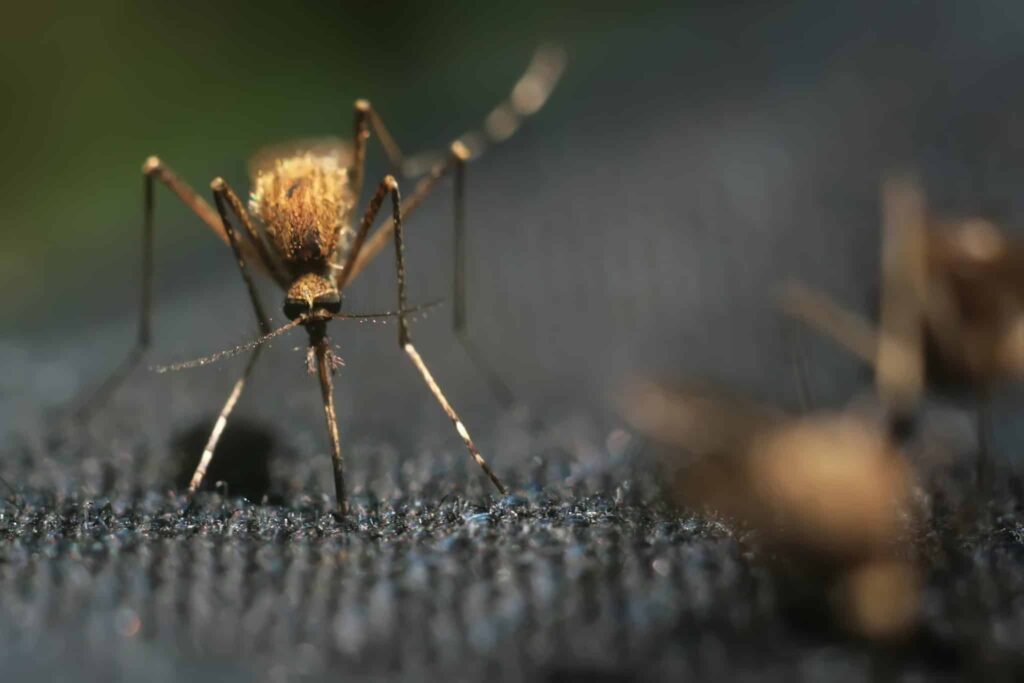
3. Natural Ways to Repel Mosquitoes in Bedrooms Effectively
To naturally eliminate mosquitoes in bedrooms, you can use a simple homemade mosquito repellent solution. Specifically, mix about 5ml to 10ml of beer or sugar water in a bottle and shake vigorously. Then place the bottle in the corner of the room or under the bed, and the scent of beer or the aroma of sugar water will make mosquitoes drowsy.
4. Effective and Easy Mosquito Repellent Methods at Home
4.1. Regularly Maintain Living Environment, Avoid Stagnant Water
Stagnant water and polluted environments are the primary breeding grounds for dangerous mosquito species. To effectively repel mosquitoes at home, it is essential to regularly clean and sanitize living spaces with specialized hygiene products. Additionally, maintaining cleanliness in the surrounding environment, avoiding water-containing objects, and spreading lime powder in drains can eliminate mosquito breeding grounds.
4.2. Burn Citronella Oil to Repel Mosquitoes
Citronella oil, derived from lemongrass, is known for its insect-repelling properties. Burning citronella oil in an oil burner or diffuser can create a fragrant atmosphere while effectively keeping mosquitoes at bay.
4.3. Check Bed Nets and Repair Holes
Using mosquito nets is considered one of the most effective methods to prevent mosquito attacks during sleep. To ensure the effectiveness of this method, check the bed net thoroughly to ensure there are no holes that mosquitoes can penetrate.
4.4. Use Soap and Water to Create a Mosquito Barrier
Aside from cleaning dishes, dish soap and water can be used to repel mosquitoes effectively. By putting a small amount of dish soap into a dish and placing it outside the house, mosquitoes will be drawn to it and won’t enter the house.
4.5. Burn Orange Peels to Repel Mosquitoes
Mosquitoes are averse to the scent of orange peels. Burning dried orange peels can create a natural mosquito repellent that helps keep them away.
4.6. Repel Mosquitoes with Lemon Grass
Lemon grass is a natural insect repellent due to its strong scent. You can repel mosquitoes by placing lemongrass stalks around your home or by using lemongrass oil in a diffuser.
4.7. Use Essential Oils for Mosquito Repellent
Essential oils such as lavender, eucalyptus, and tea tree oil have natural mosquito-repelling properties. You can dilute these oils and apply them to your skin or use them in a diffuser to create a mosquito-free environment.
4.8. Install Mosquito Screens
Installing mosquito screens on doors and windows is an effective way to keep mosquitoes out while allowing fresh air to circulate. Though the installation cost may be high, it provides a convenient and effective method for mosquito repellent without the use of chemicals.
4.9. Use a Mosquito Fan
Due to their small size, mosquitoes cannot fly against the wind. Using a fan can disrupt their flight and keep them away. Turning on a fan in the sleeping area can be a simple and effective way to repel mosquitoes.
4.10. Repel Mosquitoes with Coffee Grounds
Mosquitoes dislike the smell of coffee grounds. Sprinkling coffee grounds around your home or burning dried coffee grounds can help keep mosquitoes away.
4.11. Use Dry Ice to Trap Mosquitoes
Dry ice releases carbon dioxide, which attracts mosquitoes. You can create a simple mosquito trap by placing dry ice in a container and positioning it away from living spaces. Mosquitoes will be attracted to the carbon dioxide and get trapped.
4.12. Make a Mosquito-Repelling Vinegar Solution
Mixing vinegar with water and applying it to the skin or using it as a room spray can help repel mosquitoes. Vinegar has a strong scent that mosquitoes find unpleasant.
4.13. Repel Mosquitoes with Neem Oil
Neem oil is a natural insect repellent with anti-mosquito properties. Diluting neem oil with a carrier oil and applying it to the skin can be an effective way to keep mosquitoes away.
4.14. Plant Mosquito-Repelling Plants
Plants like citronella, lavender, basil, and mint have natural mosquito-repelling properties. Planting these around your home or keeping potted plants indoors can contribute to a mosquito-free environment.
4.15. Use Catnip for Mosquito Repellent
Catnip contains a compound called nepetalactone, which has mosquito-repelling properties. You can crush catnip leaves and rub them on your skin or place catnip plants around your living space.
4.16. Repel Mosquitoes with Basil
Basil emits a strong scent that mosquitoes dislike. Planting basil around your home or using basil oil in a diffuser can be an effective way to repel mosquitoes.
4.17. Create a Garlic Mosquito Repellent Spray
Garlic has natural mosquito-repelling properties. You can make a garlic spray by blending garlic cloves with water and spraying it around your home.
4.18. Burn Bay Leaves for Mosquito Repellent
Burning dried bay leaves can release a scent that repels mosquitoes. You can burn bay leaves in a fire-safe container or place them around your living space.
4.19. Use Peppermint Oil for Mosquito Repellent
Peppermint oil has a strong scent that mosquitoes find unpleasant. Diluting peppermint oil with water and applying it to the skin or using it in a diffuser can help repel mosquitoes.
It is essential to choose a mosquito repellent method that suits your preferences and lifestyle. Combining different natural methods can provide enhanced protection against mosquitoes while avoiding the harmful effects of chemical-based repellents. Always test a small area of skin when using essential oils or natural solutions to ensure you do not have any adverse reactions. Protecting yourself from mosquitoes is crucial to prevent diseases and maintain a healthy living environment.
Cre: a2zservices


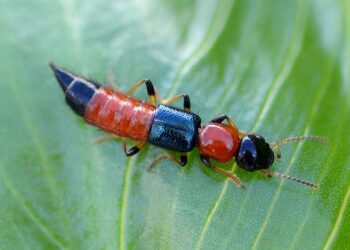
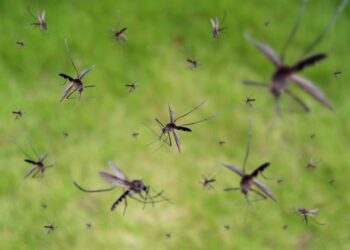
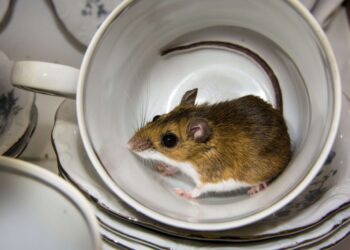

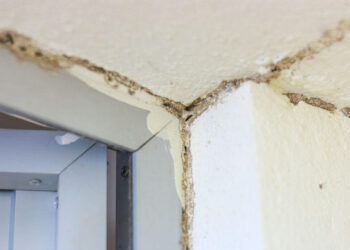















Discussion about this post